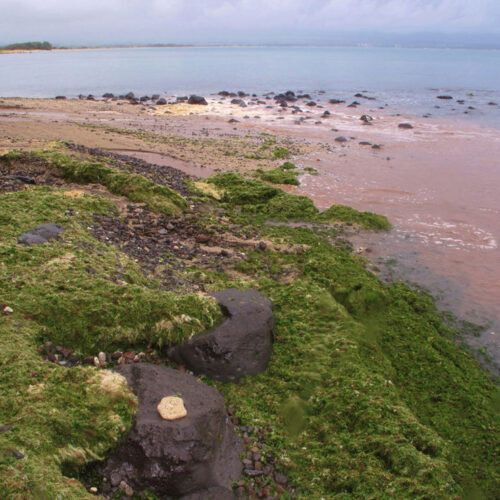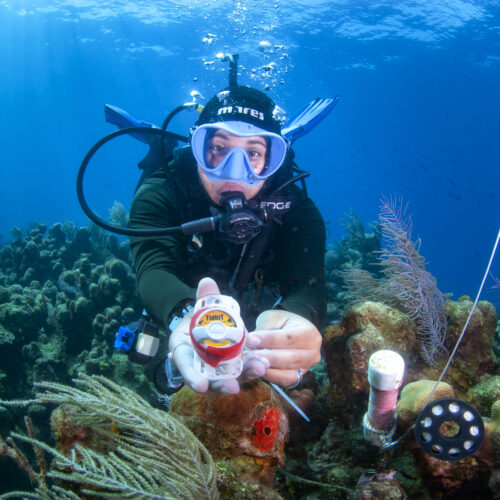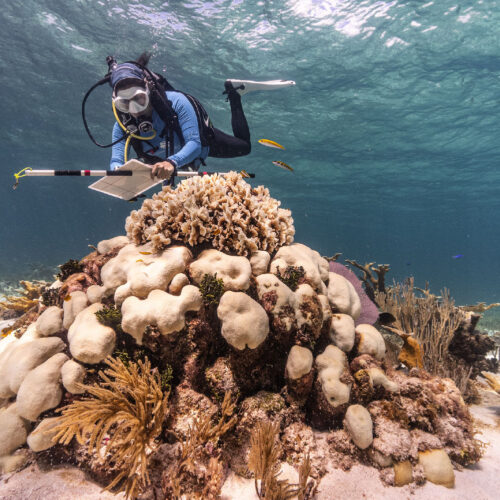Enable us to quickly support Resilient Coastal Communities in the face of Natural Disasters
At CORAL, we’re committed to protecting and preserving our oceans and the communities that rely on them. Our Community Resilience Fund plays a vital role in achieving this mission, providing critical support in times of needs and ensuring the long-term health of our coastal ecosystems.
Contribute to our emergency fund, reserved specifically for climate change-related disasters, including coastal flooding, wildfires, hurricanes, and mass bleaching events.
How this Emergency Fund Supports Our Coastal Communities

Resources and Recovery
In the face of natural disasters, such as hurricanes, wildfires, cyclones, and flash floods, our emergency fund acts as a lifeline. This helps CORAL and our local partner organizations mobilize quickly, aiding in resource recovery and community organization. Together, we’re there when it matters most, working towards a brighter future for coastal regions.

Ocean Cleanup Initiatives
Disasters can leave our oceans in peril, with pollution and debris threatening coral reefs and the marine life who depend on them. Our fund enables us to launch ocean-related cleanup initiatives post-disaster. We tackle the immediate issues, safeguarding the environment, and nurturing the seas back to health.

Impact Assessment and Action
Assessing the impact of disasters on our coral reefs and vital resources is paramount. This potentially involves replacing crucial monitoring and enforcement equipment, conducting vital research to understand the effects of these events, and taking swift actions to ensure the recovery of these delicate ecosystems.

Climate Preparedness for the Future
Our commitment extends beyond the present as we actively prepare for future climate disasters. This includes droughts, which intensifies fishing pressures and food insecurity, particularly when other crops fail during extended dry seasons, often associated with El Niño. Additionally, we stand vigilant against coral bleaching events, swiftly increasing patrols in specific Marine Protected Areas (MPAs) when needed.